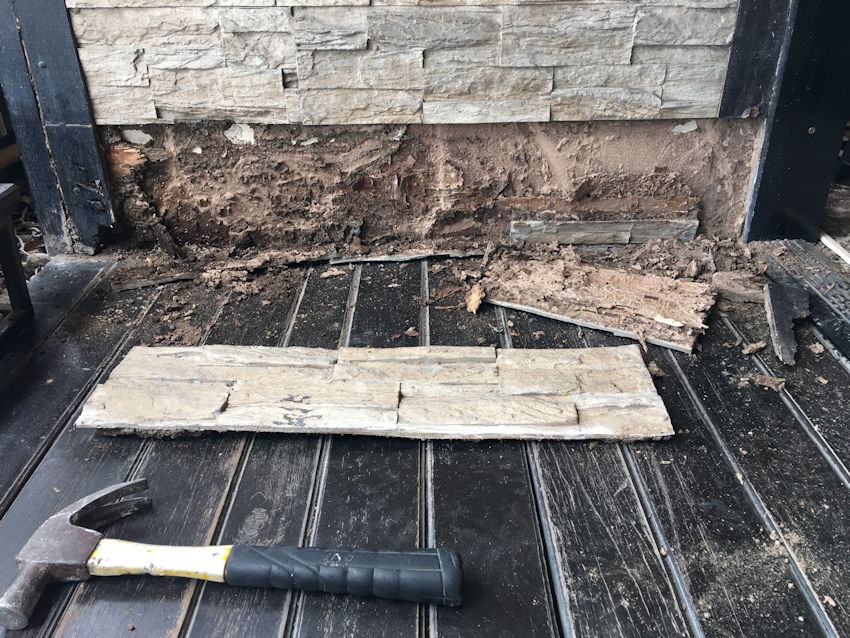Why Termites Are Still Active During Winter in Virginia and Maryland
Did you know there are almost 3,000 species of termites? However, only 10 percent of the species has been reported as pests. Even though they aren’t closely related to ants, termites are often referred to as “white ants.”
While kings and queens can grow to over an inch, soldier and worker termites are smaller. Many insects either become dormant or don’t survive during winter, termites are one of those pesky insects that remain active throughout the winter months in Maryland and Virginia.
Do you want to know why?
Keep reading to learn all about why termites stay active during winter Virginia months.
Termites Are Cold-Blooded
Termites don’t have to maintain a constant temperature to survive because they aren’t warm-blooded.
They stay active in temperatures as low as 50 degrees Fahrenheit. Plus, they insulate their tunnels, which is why it’s not uncommon for termite control professionals to find active termites in wood under the snow. Termites take great care in making sure their tunnels don’t get exposed to the outside air.
Plus, they often live far below your home, so that they can enter your house and begin destruction, all without contacting the snow and colder winter temperatures.
They Are Willing to Travel for Work
It’s common knowledge in the pest control world that termite workers will travel as far as the length of a football field all in the name of finding food. That’s almost 400 feet, which means a colony can be quite a distance from your home but still make the trek to eat it.
Even in the dead of winter, you could even have more than one colony feeding on your house.
Termites Don’t Sleep
Subterranean termites don’t sleep. They don’t need sleep to regain energy; they’ve got it all day every day. Sometimes, termites will go into a form of hibernation if it’s much too cold. They’ll slow down or retreat to their colony until the ground warms up.
That being said, in states like Virginia and Maryland, temperatures are warm enough for termites to survive.
They Often Build Satellite Colonies
Termites often build a satellite colony near their food source, which allows them to reproduce faster and get food quicker. If a colony of termites has a satellite colony underneath your home or in your home, you’ll have an INCREASE in damage during winter months because they don’t have to travel as far to find their food.
Don’t Let Your Guard Down
If you’re about to face a Maryland or Virginia winter, don’t let your guard down when it comes to termites. Termites can survive winter, and they don’t need to hibernate. Their tunnels are purposefully insulated, and they don’t mind traveling far to find the right food. Knowing how to get rid of termites requires expertise, as they can often live in hard-to-find places.
Do you want to find out how much termite control costs for your home?
Contact us to set up an appointment or to get the answers to any questions you have. We are here to help!
NEED HELP?
If you live in Southern Maryland, or Northern Virginia
FIND YOUR SOLUTION HERE
People, Pet & Pollinator Safe! Pest control for people who care.
